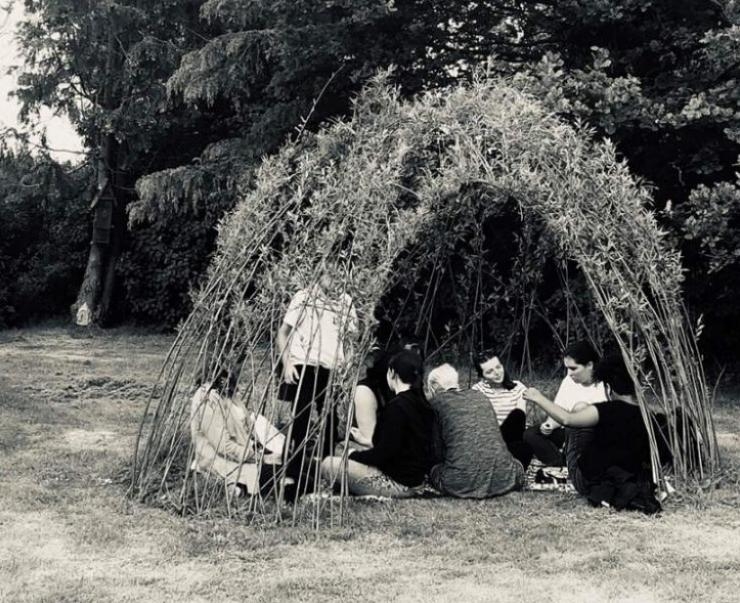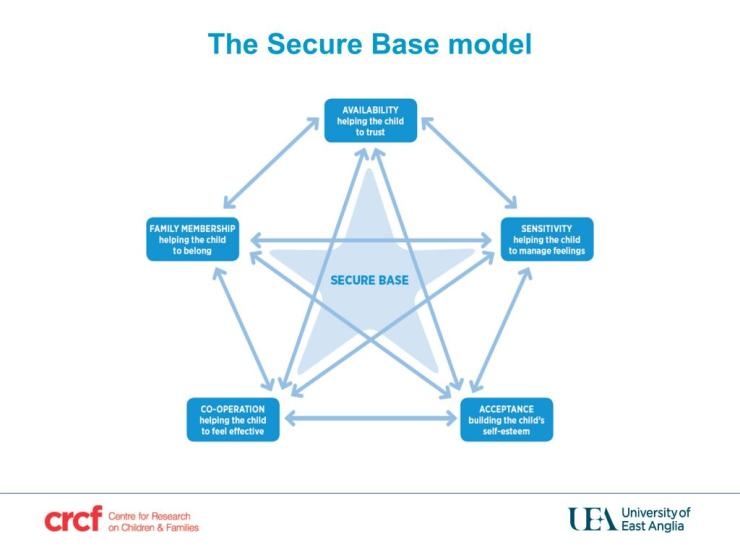
What is Therapeutic Care?
Many agencies supporting young people will say they offer therapeutic care. But what does therapeutic care actually mean?
To us, therapeutic care means following a consistent parenting approach within a theoretical framework, which helps carers identify and meet a child’s specific needs.
It means we use approaches that are supported by decades of research on child development, therapeutic interventions and children’s outcomes.
Supporting children who have suffered trauma or adverse childhood experiences requires more than just ‘good enough’ parenting.
Providers offering residential, fostering or education services to vulnerable children must consider therapeutic models and interventions, as we have, if they are to prioritise children’s outcomes.











